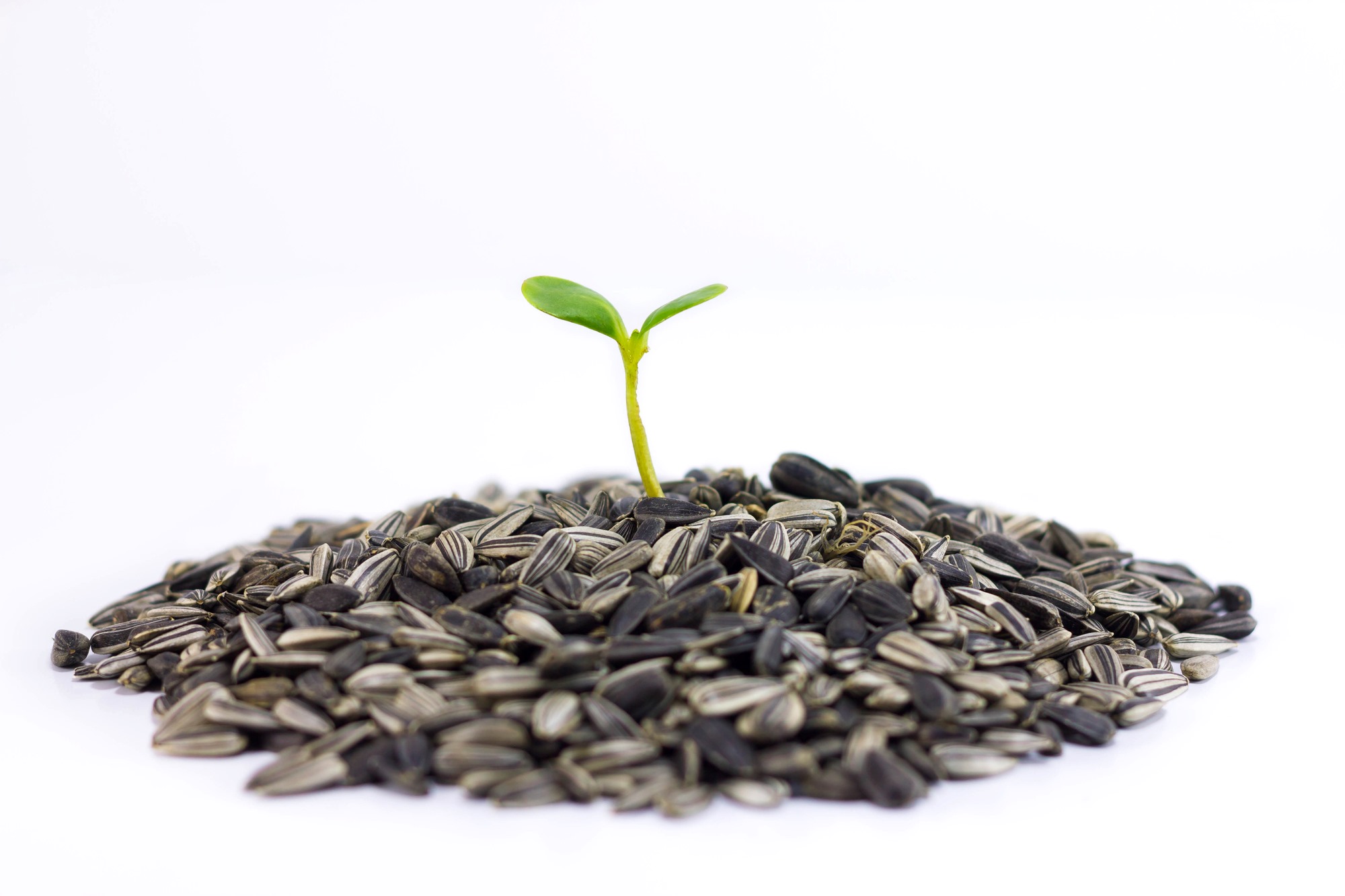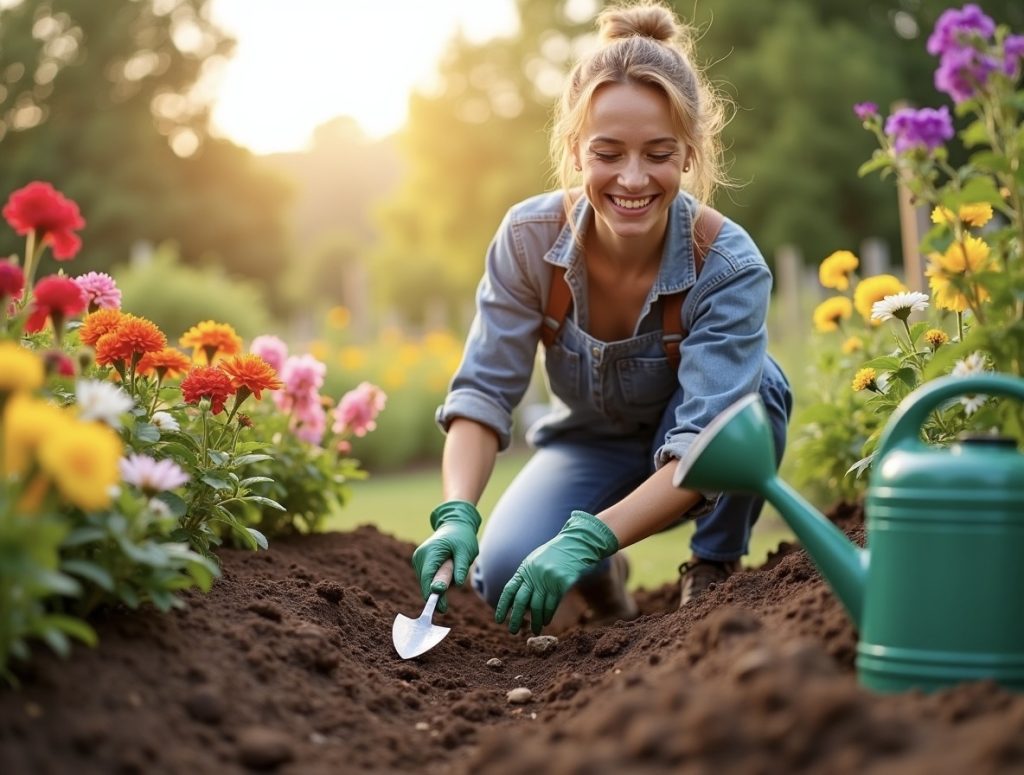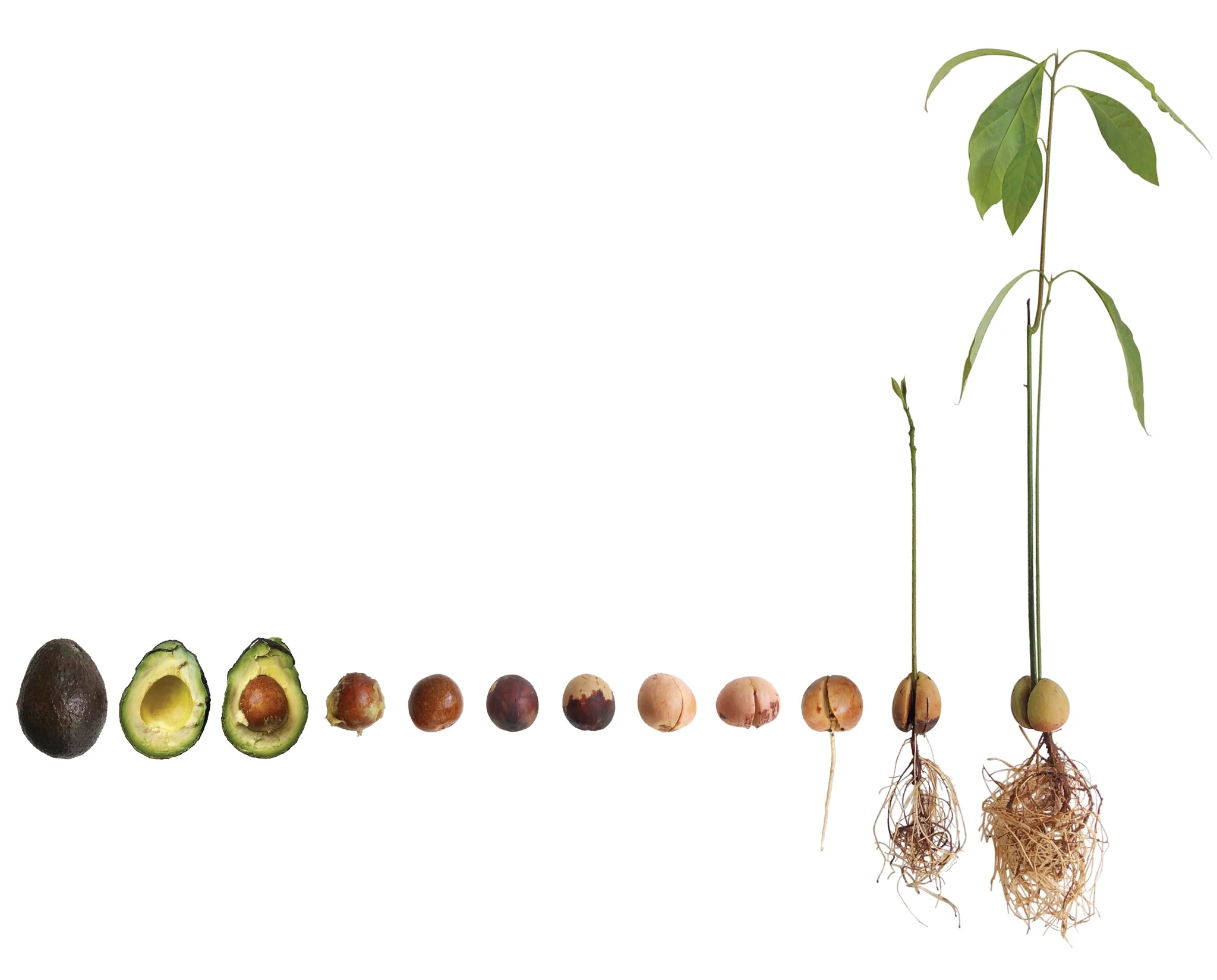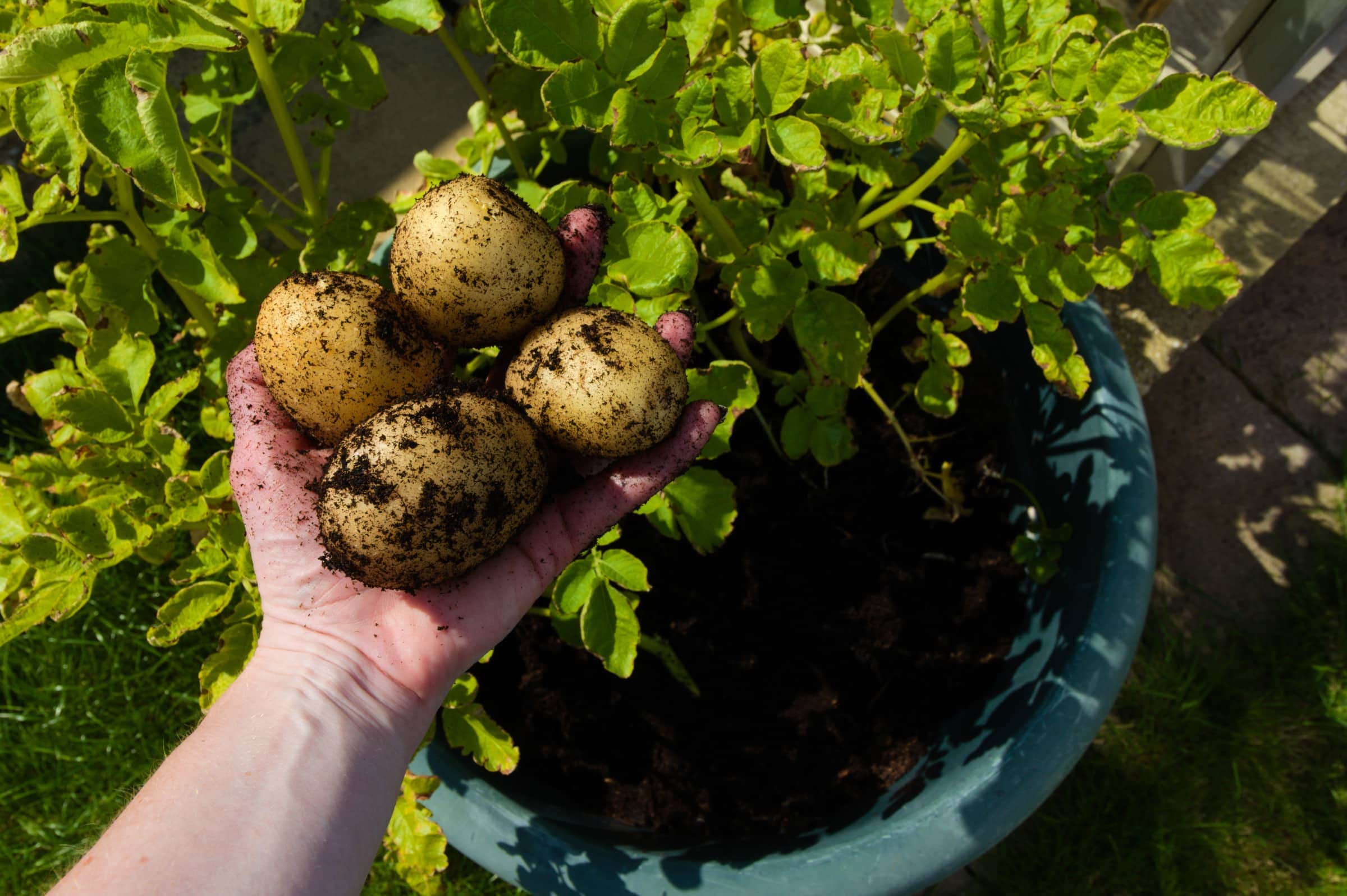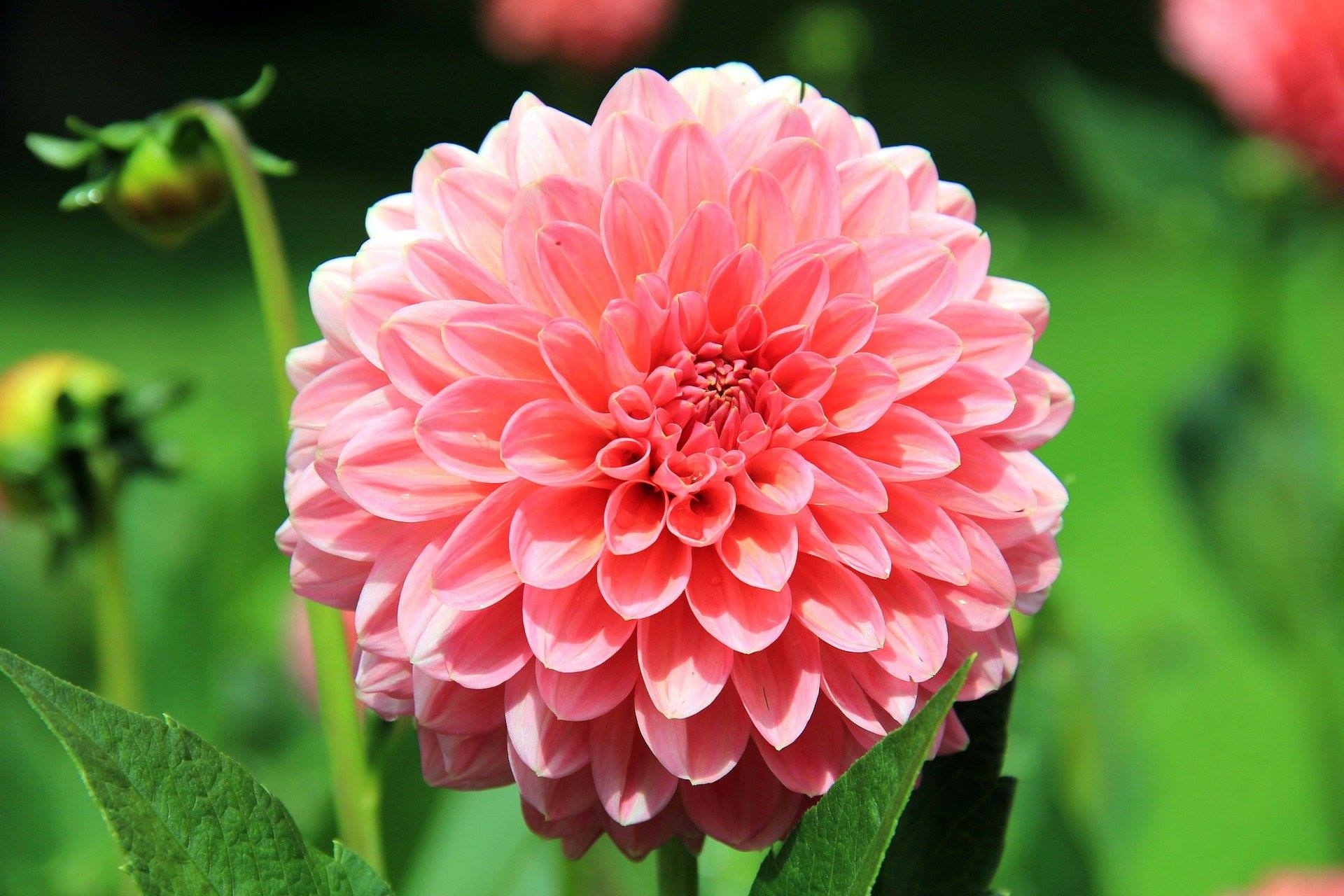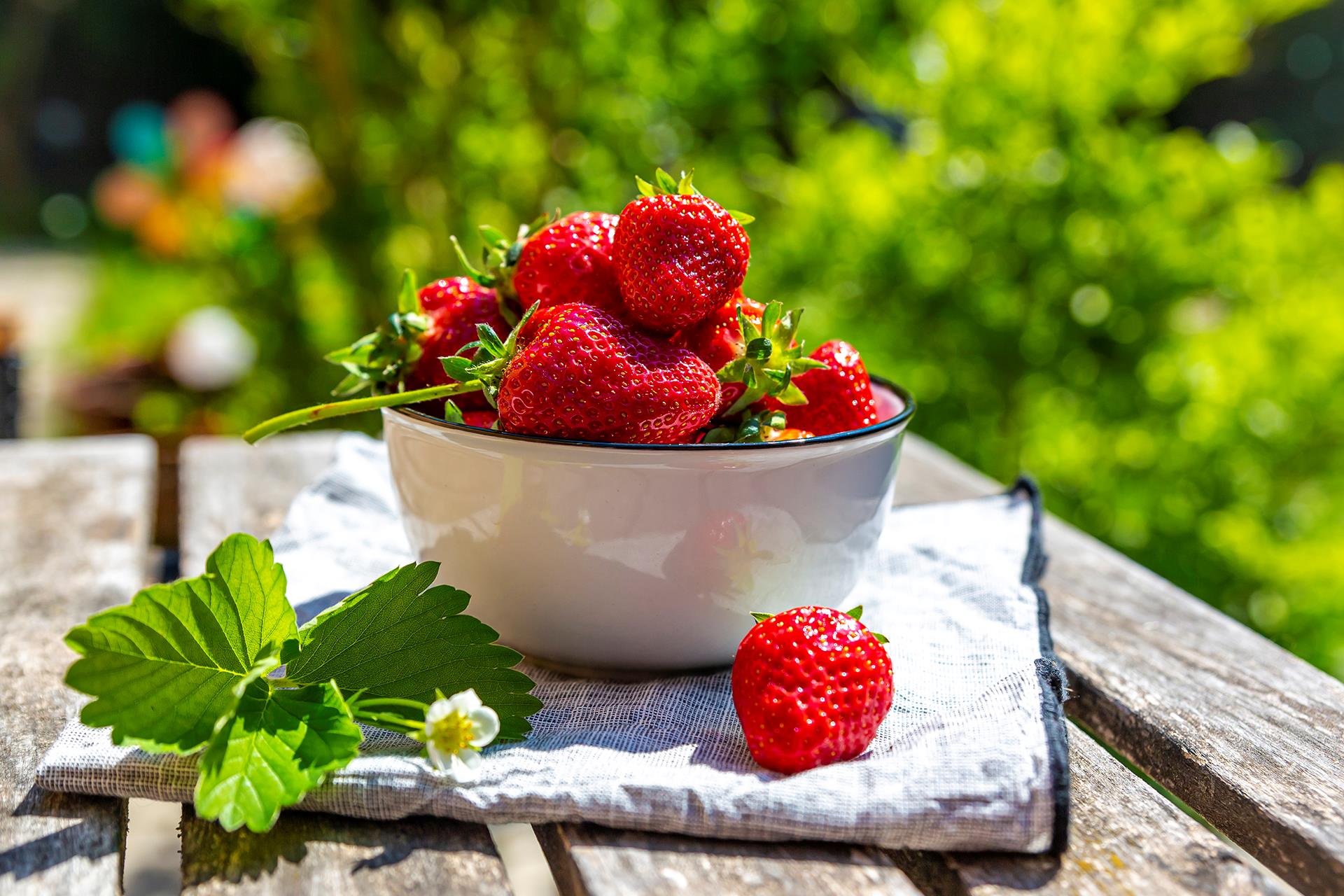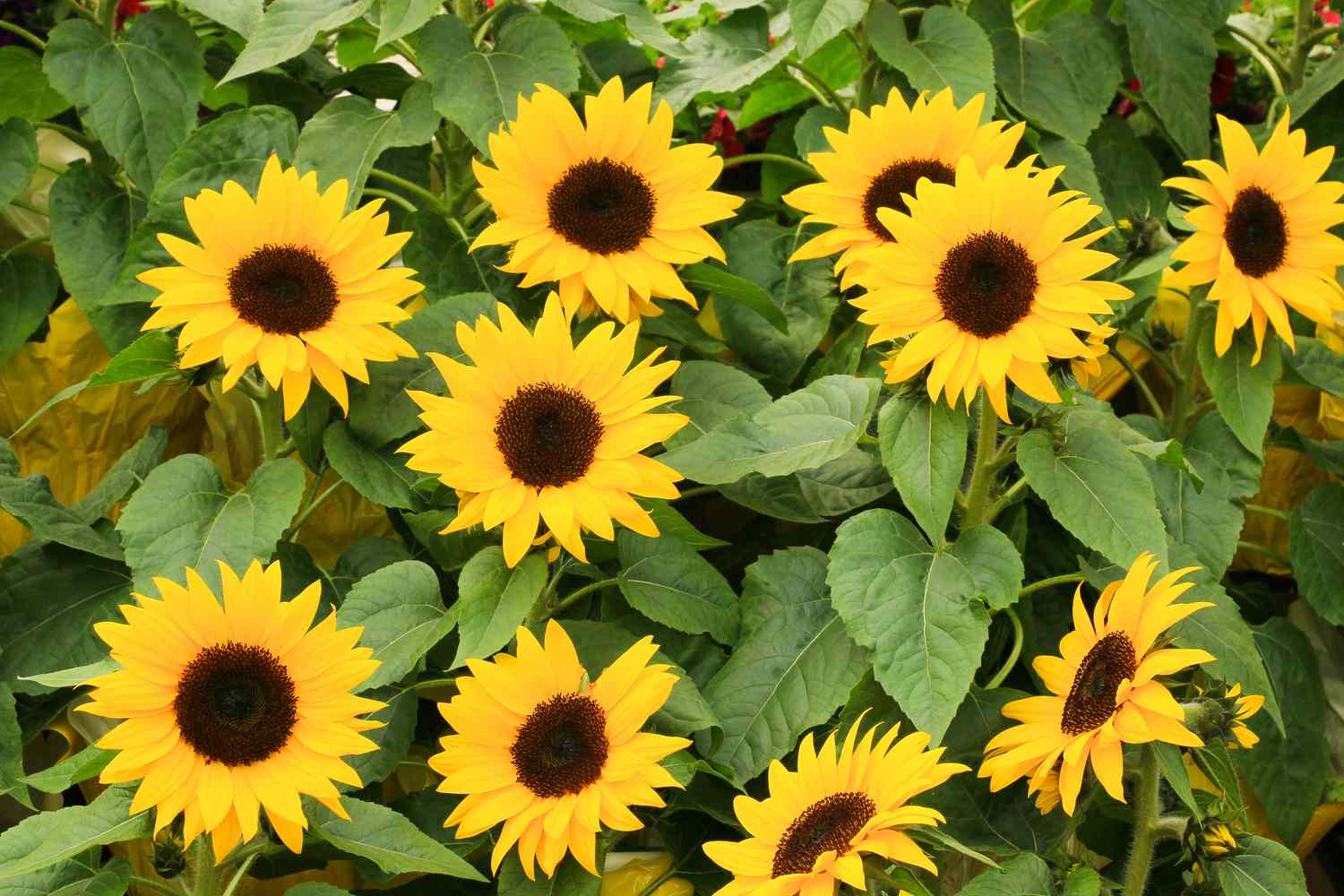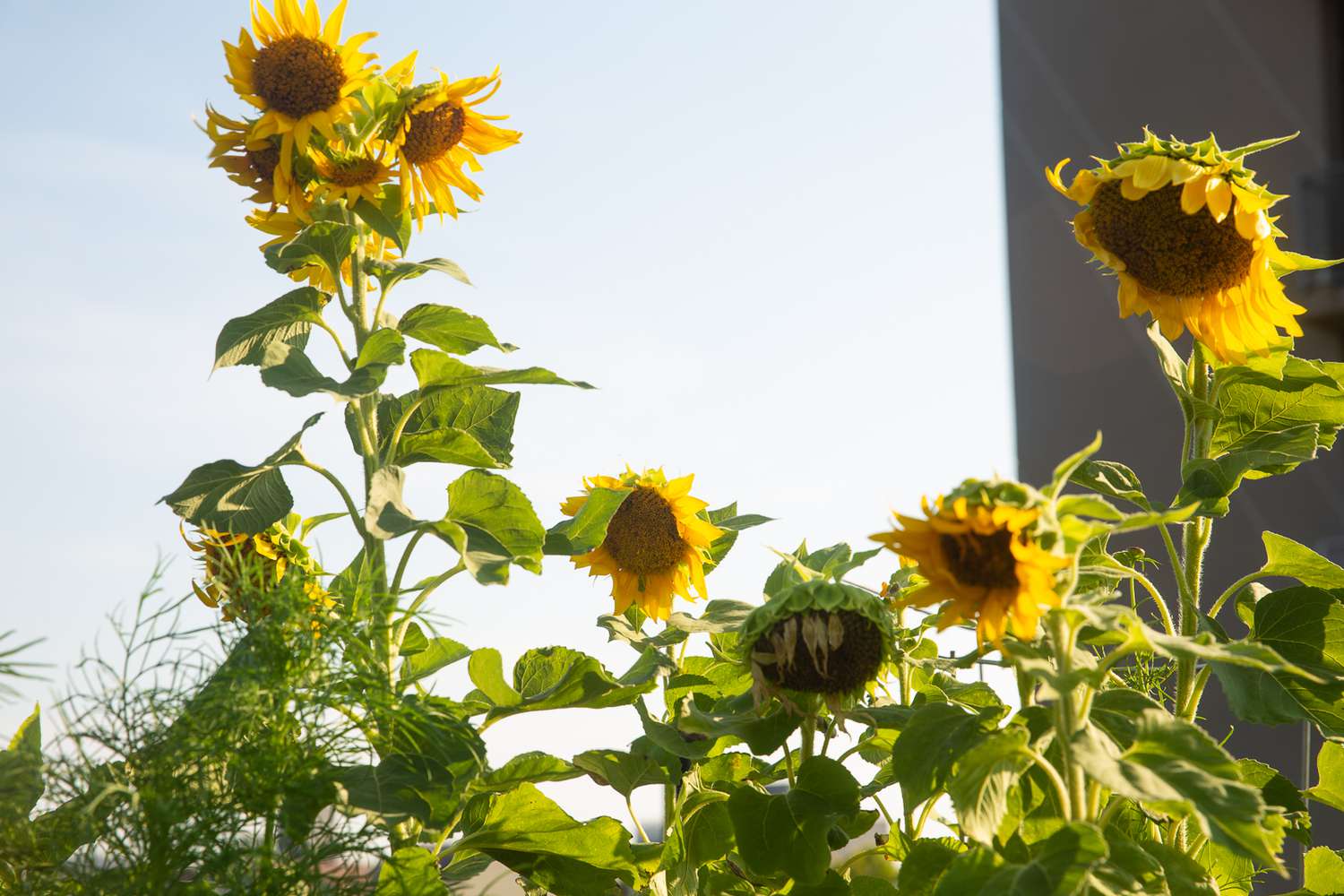Home>Gardening Techniques>Plant Care>How Long Do Herbs Take To Sprout
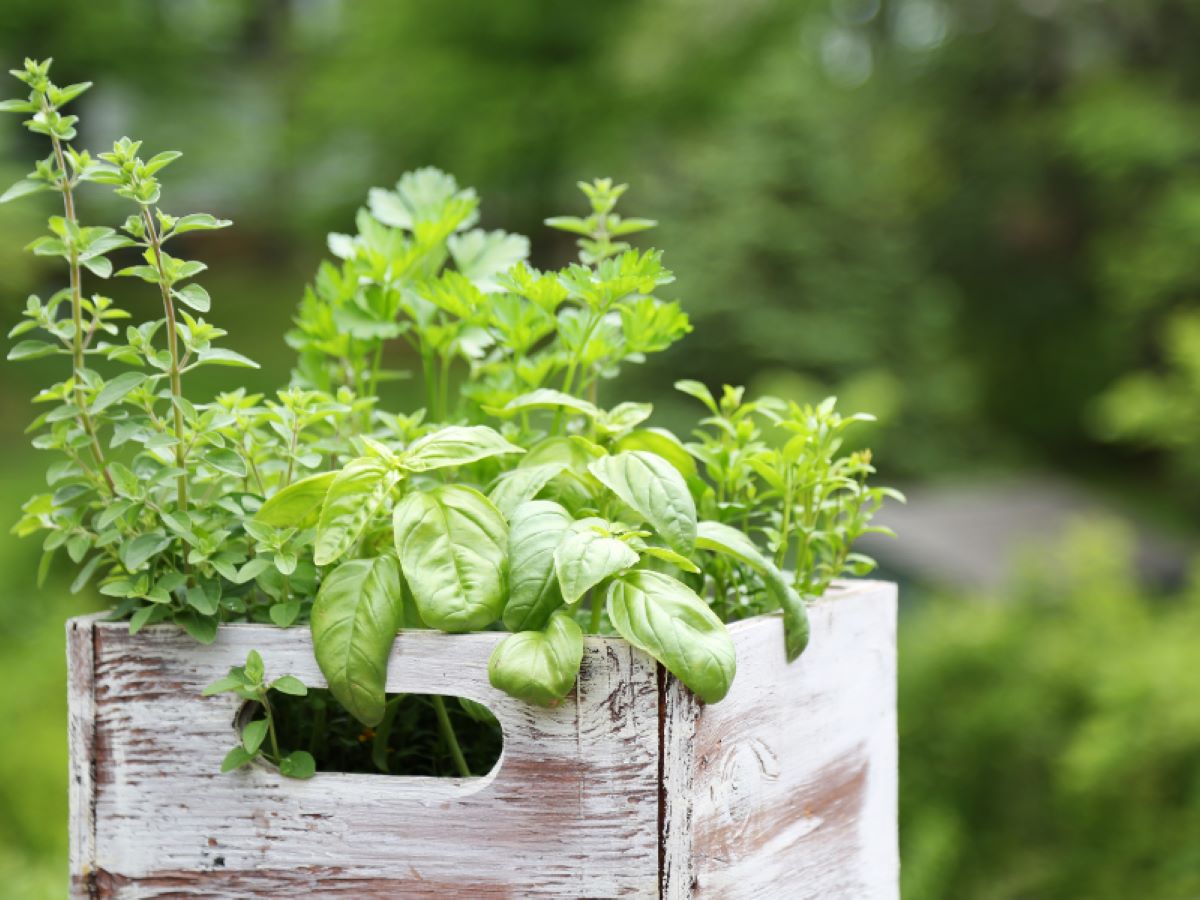

Plant Care
How Long Do Herbs Take To Sprout
Modified: January 22, 2024
Learn about the plant care for herbs and find out how long it takes for them to sprout. Discover tips and tricks for successful herb gardening.
(Many of the links in this article redirect to a specific reviewed product. Your purchase of these products through affiliate links helps to generate commission for Chicagolandgardening.com, at no extra cost. Learn more)
Table of Contents
Introduction
Herbs are not only delightful additions to any garden, but they also add a burst of flavor to our culinary creations and possess numerous health benefits. Whether you are a seasoned gardener or a beginner, understanding the sprouting time of herbs is essential for planning and nurturing your herb garden. From the moment you sow the seeds to the first sight of tiny sprouts, each herb has its own unique timeline for growth and development.
While some herbs may sprout within a matter of days, others may take weeks or even months to show signs of life. This variation in sprouting time can be attributed to several factors, including seed quality, environmental conditions, and the specific characteristics of each herb.
In this comprehensive guide, we will delve into the various factors that influence herb sprouting time and explore the average sprouting times of some of the most common herbs. We will also provide you with valuable tips and techniques to help speed up the germination process and ensure a successful herb garden.
Whether you are cultivating herbs indoors or outdoors, understanding the sprouting time of different herbs will help you plan your garden more effectively. Additionally, knowing how long it takes for herbs to sprout will allow you to anticipate when you can start enjoying fresh and flavorful herbs in your cooking. So, let’s dive in and discover the fascinating world of herb sprouting!
Factors Affecting Herb Sprouting Time
The sprouting time of herbs can vary significantly due to several factors that influence seed germination. Understanding these factors will help you provide the optimal conditions for your herbs to sprout and thrive. Here are some crucial factors affecting herb sprouting time:
- Seed Quality: The quality of the seeds plays a vital role in the sprouting time of herbs. Fresh, high-quality seeds are more likely to germinate quickly and successfully compared to old or low-quality seeds. It is advisable to purchase seeds from reliable suppliers to ensure the best results.
- Environmental Conditions: Environmental factors, including temperature, moisture, and light, play a significant role in herb sprouting time. Each herb has its preferred temperature range for germination. Some herbs prefer warm temperatures, while others thrive in cooler conditions. Similarly, maintaining optimal moisture levels and providing adequate light are crucial for successful germination.
- Seed Treatment: Some seeds require special treatment before sowing to help break dormancy and promote quicker germination. Stratification, scarification, and soaking are some common techniques used to treat seeds and enhance germination. It is essential to research the specific requirements of each herb to determine if any pre-sowing treatment is necessary.
- Depth of Sowing: The depth at which seeds are sown can affect the sprouting time of herbs. Some seeds require light to germinate, meaning they should be sprinkled on the soil surface without being covered. Others may need to be lightly covered with a thin layer of soil. Following the recommended sowing depth for each herb will help ensure successful sprouting.
- Soil Quality: The quality and composition of the soil can impact herb sprouting time. Well-draining, fertile soil with a good balance of nutrients provides an optimal environment for seed germination. It is essential to prepare the soil adequately before sowing herbs, ensuring it is loose, rich in organic matter, and free from any contaminants or pathogens.
By considering these factors and providing the ideal conditions for your herbs, you can significantly influence and potentially expedite the sprouting time. Now that we have explored the factors affecting herb sprouting, let’s move on to the next section, where we will discover the sprouting times of some common herbs.
Common Herbs and Their Sprouting Time
Each herb has its unique sprouting time, and understanding these timelines will help you plan and monitor the progress of your herb garden. While the sprouting times may vary depending on factors such as seed quality and growing conditions, here is a general reference guide for the sprouting time of some common herbs:
- Basil: Basil is a popular herb known for its aromatic leaves. It typically takes around 5 to 10 days for basil seeds to germinate, given the optimal temperature range of 70 to 85 degrees Fahrenheit (21 to 29 degrees Celsius).
- Parsley: Parsley is a versatile herb used in various dishes. It has a longer sprouting time compared to some other herbs, taking approximately 15 to 21 days to germinate. It prefers cooler temperatures around 65 to 70 degrees Fahrenheit (18 to 21 degrees Celsius).
- Mint: Mint is a fast-growing herb known for its refreshing aroma and flavor. It usually sprouts within 7 to 14 days under optimal conditions, with a temperature range of 60 to 70 degrees Fahrenheit (15 to 21 degrees Celsius).
- Cilantro: Cilantro, also known as coriander, is a popular herb in many cuisines. It has a relatively longer sprouting time, typically taking 7 to 14 days to germinate. Cilantro prefers cooler temperatures around 50 to 75 degrees Fahrenheit (10 to 24 degrees Celsius).
- Thyme: Thyme is a fragrant herb often used in savory dishes. It has a moderate sprouting time of around 7 to 14 days, given the optimal temperature range of 60 to 70 degrees Fahrenheit (15 to 21 degrees Celsius).
- Rosemary: Rosemary is a perennial herb with a woody aroma. It has a longer sprouting time compared to some other herbs, taking approximately 15 to 25 days to germinate under favorable conditions, with a temperature range of 65 to 75 degrees Fahrenheit (18 to 24 degrees Celsius).
Keep in mind that these sprouting times are rough estimates, and actual germination may vary. It is crucial to provide the recommended growing conditions for each herb to ensure successful sprouting.
Now that we have explored the sprouting times of common herbs, let’s move on to the next section, where we will provide you with some valuable tips for speeding up the herb sprouting process.
Tips for Speeding up Herb Sprouting
If you are eager to see your herb garden flourishing sooner, there are several tips and techniques you can implement to speed up the sprouting process. While these techniques cannot guarantee instant results, they can certainly help expedite the germination of your herbs. Here are some tips for speeding up herb sprouting:
- Pre-Soaking Seeds: Some herb seeds benefit from pre-soaking before sowing. Soaking the seeds in warm water for a few hours or overnight can help soften the seed coat and initiate germination more quickly.
- Stratification: Certain herb seeds, particularly those native to cold climates, require stratification to break dormancy. This involves subjecting the seeds to a period of cold, moist conditions to mimic winter. By sowing seeds in a moist paper towel and placing them in the refrigerator for a few weeks, you can simulate this stratification process and promote faster germination.
- Provide Optimal Temperature: Maintaining the recommended temperature range for each herb is crucial for speedy germination. Use heat mats or place your herb containers near a warm spot, such as on top of a refrigerator or near a heat source, to create an ideal environment for sprouting.
- Ensure Moisture: Adequate moisture is essential for herb sprouting. Keep the soil consistently moist but not waterlogged. Using a spray bottle to mist the soil surface can help maintain moisture levels without drowning the seeds.
- Use Grow Lights: If you are growing herbs indoors or in a location with limited natural light, supplemental grow lights can significantly accelerate the sprouting time. Position the lights a few inches above the containers to provide sufficient light intensity.
- Proper Ventilation: Good air circulation is crucial for successful and timely germination. Ensure there is proper ventilation in your growing area to prevent the growth of mold or fungal diseases that can hinder sprouting.
- Thin out Seedlings: Once your herb seeds have sprouted, thin out the seedlings to provide ample space for growth. Crowded seedlings can compete for resources, slowing down their development.
By implementing these tips, you can create optimal conditions for herb sprouting and potentially shave off several days from the typical germination time. However, be patient and keep in mind that each herb has its unique timeline for sprouting and growth.
Now that we have explored ways to speed up the herb sprouting process, let’s move on to the final section, where we will provide a summary of the key points discussed in this article.
Conclusion
Cultivating an herb garden brings immense joy and satisfaction, from sowing the seeds to witnessing the first sprouts emerge from the soil. Understanding the factors that affect herb sprouting time, knowing the average sprouting times of common herbs, and implementing tips to expedite the process can help you plan and nurture your herb garden more effectively.
We explored the various factors that influence herb sprouting time, including seed quality, environmental conditions, seed treatment, sowing depth, and soil quality. By considering these factors and providing optimal growing conditions, you can increase the chances of successful germination and ensure faster sprouting.
We also discussed the sprouting times of some common herbs, such as basil, parsley, mint, cilantro, thyme, and rosemary. These estimates can serve as a general reference, but remember that actual sprouting times may vary based on individual circumstances.
To speed up herb sprouting, we provided valuable tips such as pre-soaking seeds, using stratification for dormant seeds, maintaining optimal temperature and moisture levels, utilizing grow lights, ensuring proper ventilation, and thinning out seedlings. By incorporating these techniques into your gardening practices, you can potentially expedite the sprouting process and enjoy your flavorful herbs sooner.
Remember, patience is key when it comes to herb sprouting. While these tips and techniques can help speed up the process, it is essential to give your herbs the time they need to germinate and grow at their own pace.
Now armed with knowledge about herb sprouting, you are well-equipped to embark on your herb gardening journey. Enjoy the process, savor the beauty and flavor of your herbs, and let the joy of cultivating these wonderful plants enhance your culinary creations!
